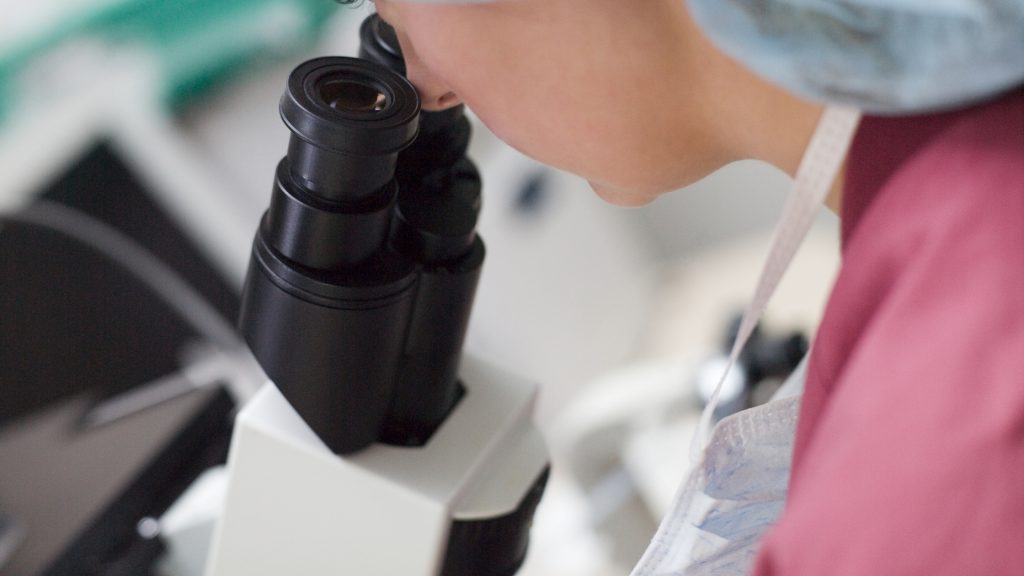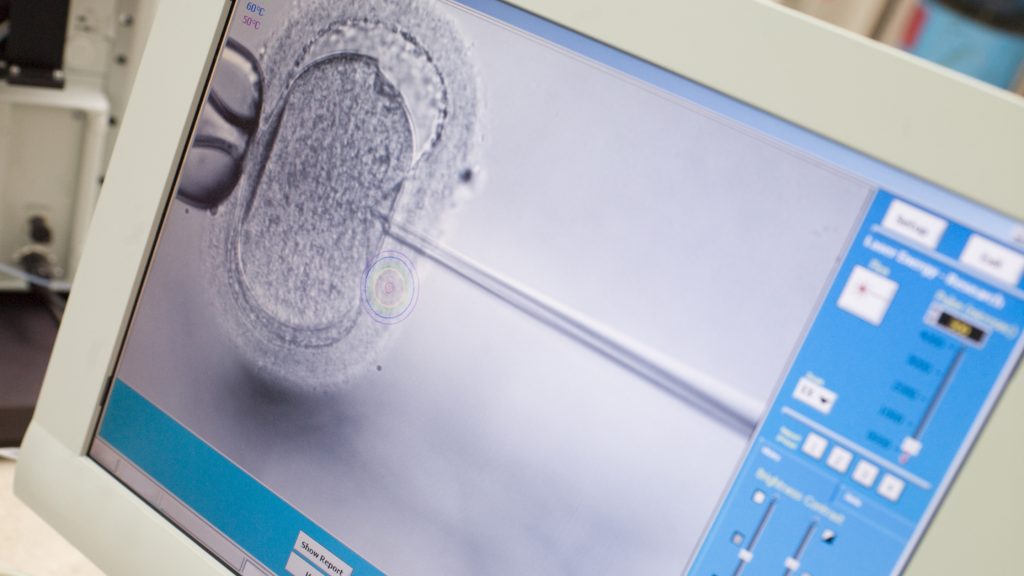In vitro fertilization (IVF) has been a beacon of hope for countless couples struggling with infertility. Among the various advancements in reproductive technology, Intracytoplasmic Sperm Injection (ICSI) stands out as a revolutionary procedure that has significantly increased the success rates of IVF, especially for those dealing with severe male infertility.
What is ICSI?
ICSI, pronounced “ick-see,” is a specialized form of micro-assisted fertilization used in conjunction with IVF. This procedure involves the direct injection of a single sperm into the cytoplasm of an egg. Developed in 1992, ICSI was initially designed to assist couples where male infertility was a major obstacle. However, its efficacy has broadened its use to a variety of fertility challenges.

The ICSI Procedure
The ICSI process is intricate and requires a high level of precision. Here’s a step-by-step overview:
Ovarian Stimulation and Egg Retrieval: Similar to traditional IVF, the process begins with ovarian stimulation. Hormonal medications are administered to encourage the ovaries to produce multiple eggs. Once the eggs are mature, they are retrieved through a minor surgical procedure.
Sperm Collection and Preparation: On the same day as egg retrieval, a sperm sample is collected. This can be from ejaculation, or in cases of severe male infertility, directly from the testes using surgical techniques like TESA (Testicular Sperm Aspiration).
Sperm Selection: In the laboratory, embryologists select the most viable sperm. This step is crucial as the quality of the sperm directly affects the chances of successful fertilization.
Microinjection: Using a microneedle, a single sperm is injected directly into the cytoplasm of each egg. This precise technique bypasses many of the natural barriers to fertilization, giving the sperm direct access to the egg’s genetic material.
Embryo Culture and Transfer: The fertilized eggs (now embryos) are cultured for a few days. The best quality embryos are then selected and transferred to the woman’s uterus, where they hopefully implant and lead to a successful pregnancy.
Who Can Benefit from ICSI?
ICSI is particularly beneficial for couples facing:
Severe Male Factor Infertility: Issues such as low sperm count, poor sperm motility, or abnormal sperm morphology can be effectively addressed with ICSI.
Previous IVF Failures: Couples who have had unsuccessful IVF attempts may find better success with ICSI.
Obstructive Azoospermia: Men who have a blockage that prevents sperm from being present in the ejaculate can benefit from surgical sperm retrieval techniques combined with ICSI.
Unexplained Infertility: Sometimes, infertility cannot be traced to a specific cause. ICSI can be an additional measure to increase the chances of fertilization.

Advantages of ICSI
High Fertilization Rates: By directly injecting the sperm into the egg, ICSI significantly improves the likelihood of fertilization.
Overcoming Male Infertility: ICSI has made it possible for men with severe infertility issues to father biological children.
Broad Applicability: Beyond male infertility, ICSI is also used in cases where eggs are difficult to fertilize or where previous IVF attempts have failed.
Depending on the complexity of the procedure, “Invitro Life” offers an intracytoplasmic sperm injection procedure of the highest standard, under the supervision of highly experienced professionals and a team. Contact us: 032 280 12 12 or visit us at 9/20 Tsinandli St., Tbilisi.